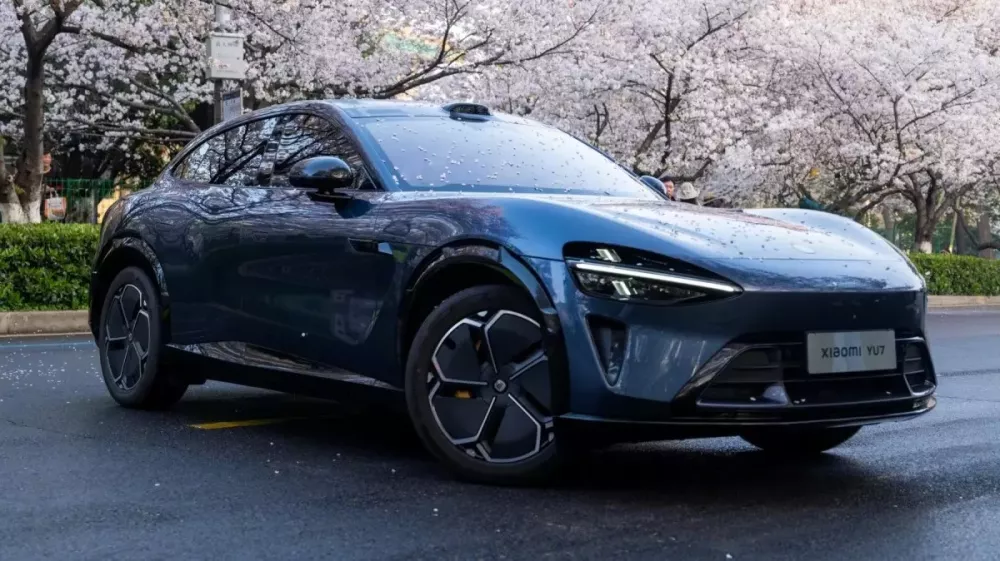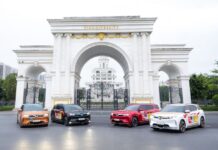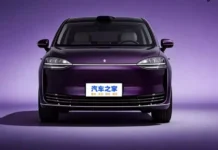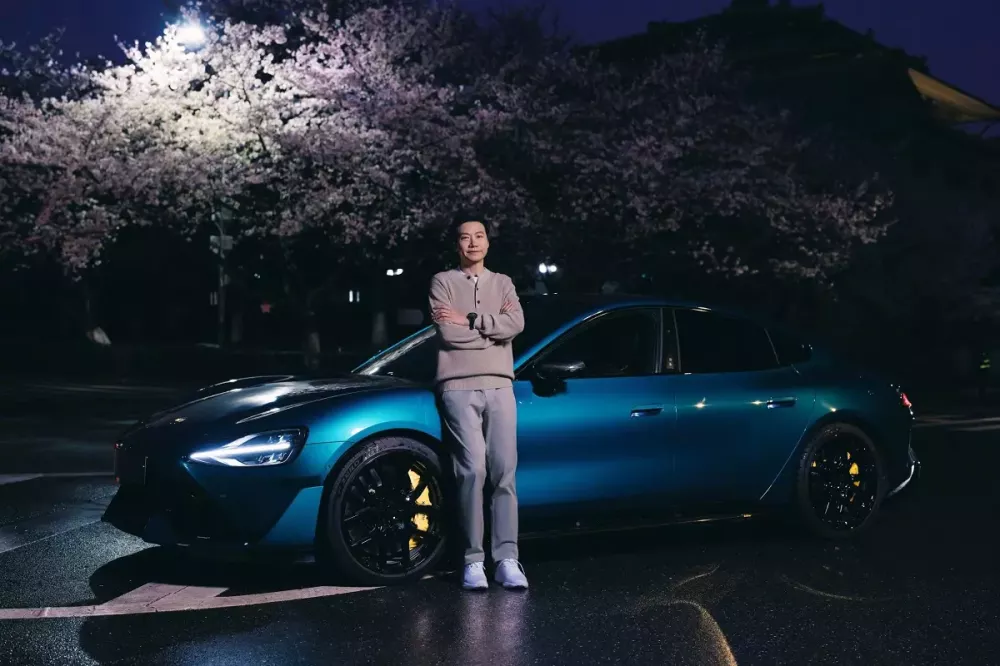Shares of Xiaomi Group surged to a new record high of HKD 61.45, propelling founder Lei Jun to the top of China’s rich list. This feat surpasses the previous record of HKD 52 set on February 27, which had briefly crowned Mr. Lei as China’s richest person before the stock price adjusted within the same day.
The meteoric rise in Xiaomi’s stock price can be largely attributed to the highly anticipated launch of the Xiaomi YU7 electric vehicle. Just one hour into the sales, this much-awaited electric SUV garnered an impressive 289,000 orders in the populous country.
According to financial reports, Mr. Lei’s net worth soared to nearly RMB 440 billion (approximately USD 68 billion) when the stock peaked at HKD 52 in February. However, following controversies such as a fatal accident involving the Xiaomi SU7 in late March 2025, the company’s stock price took a hit, causing Mr. Lei to relinquish the title of China’s richest person.
As of November 2024, Forbes’ list of China’s mainland billionaires still ranked the founder of Nongfu Spring as the country’s richest person for the fourth consecutive year, with a net worth of USD 50.8 billion.
Despite Xiaomi’s success in the market, its automotive division faces significant constraints in production capacity. The company currently operates a single factory in Yizhuang, Beijing, which produces the SU7. In March 2025, Xiaomi ambitiously raised its delivery target for the year from 300,000 to 350,000 vehicles. However, this number far exceeds the capacity of a sole manufacturing facility.
To address this challenge, Xiaomi has been expanding its production capabilities. In July 2024, the company acquired land rights to construct a second factory. While the second phase of Xiaomi’s smart manufacturing industrial park completed the inspection process in April 2025, an official start date for production has yet to be announced.
As per the expansion plan, both of Xiaomi’s factories are designed with an annual capacity of 150,000 vehicles each, totaling 300,000 per year. These factories will primarily produce the SU7, SU7 Ultra, and the new YU7 models. Currently, Xiaomi’s website indicates a staggering 33-week wait time for SU7 orders, highlighting a critical supply shortage.

Xiaomi YU7 Creates a Frenzy in the Market.
In June 2025, Xiaomi acquired an additional 485,100 square meters of industrial land adjacent to the second factory. This is expected to be the company’s third automotive manufacturing plant. However, construction has not commenced, and operations are not anticipated to begin within the next year.
The situation becomes more intricate with the introduction of the Xiaomi YU7. Despite sharing the Modena platform with the SU7, the YU7 boasts approximately 90% new components. This implies significant differences in the production processes and potential challenges in ramping up YU7 production.
In the Chinese market, the Xiaomi YU7 is offered in three variants, with prices ranging from RMB 253,500 to RMB 329,900 (approximately USD 887 million to USD 1.15 billion).
Xiaomi YU7 Sales: One Hour Equals a Half-Year’s Worth of Vietnam’s Vehicle Sales
In just one hour, the Xiaomi YU7 achieved an impressive sales figure of 289,000 units. This remarkable feat showcases the immense popularity and demand for Xiaomi’s latest offering in the automotive industry. With such an incredible start, the YU7 is poised to become a major player in the competitive automotive market.















































